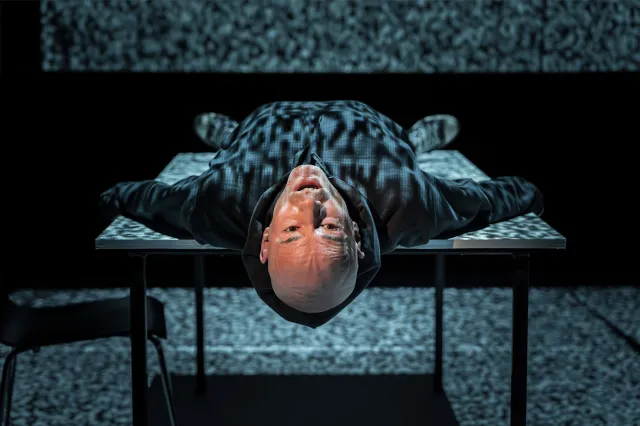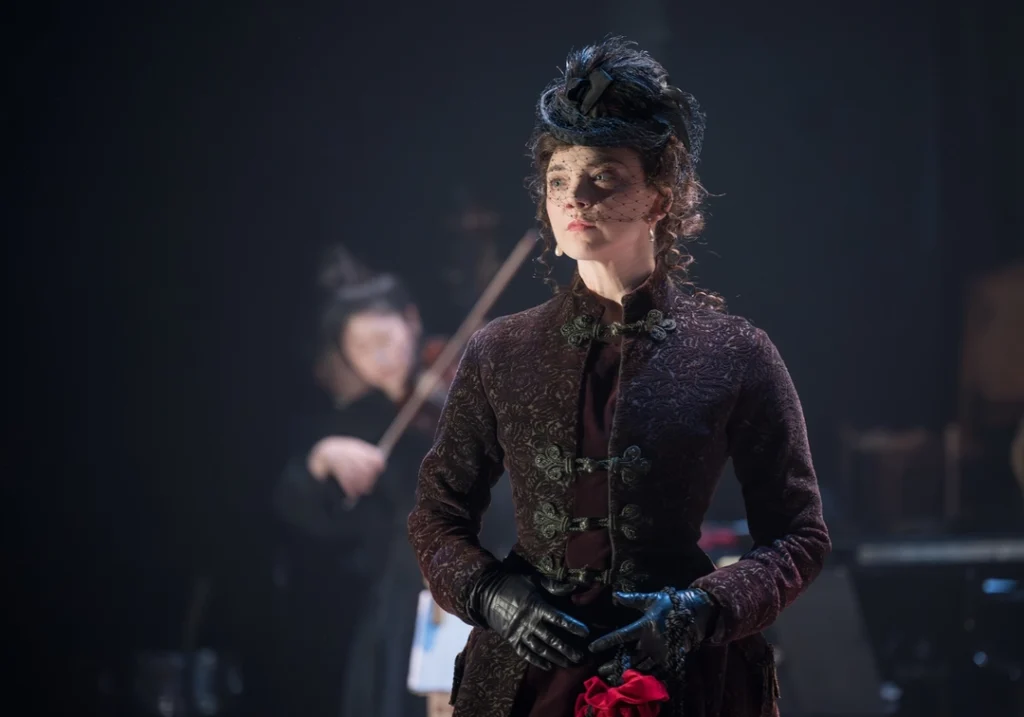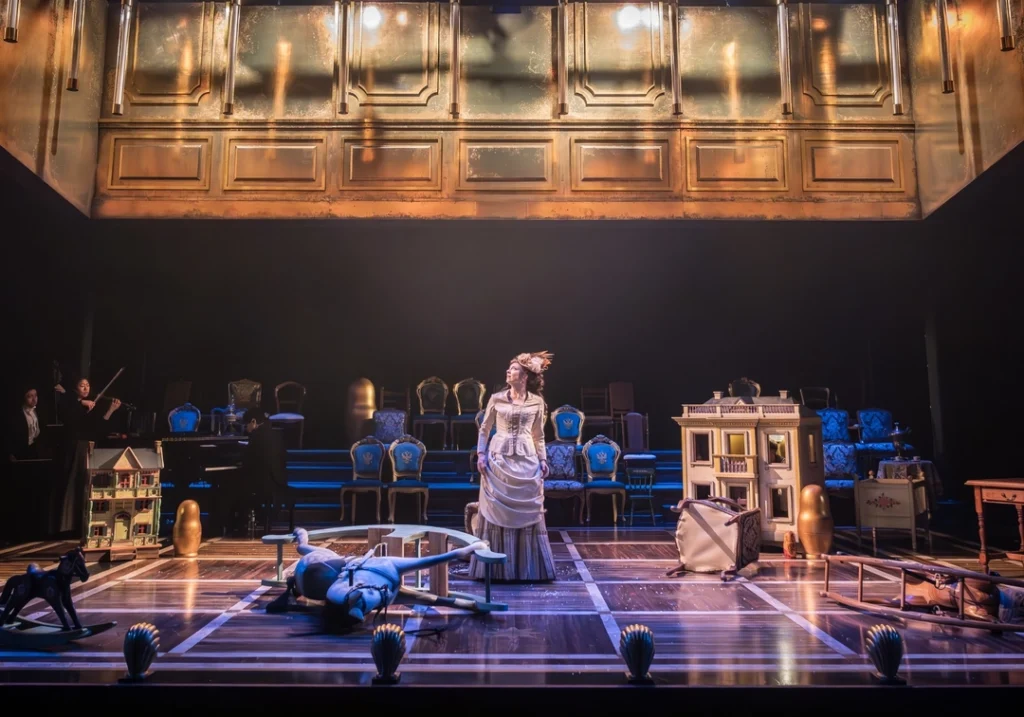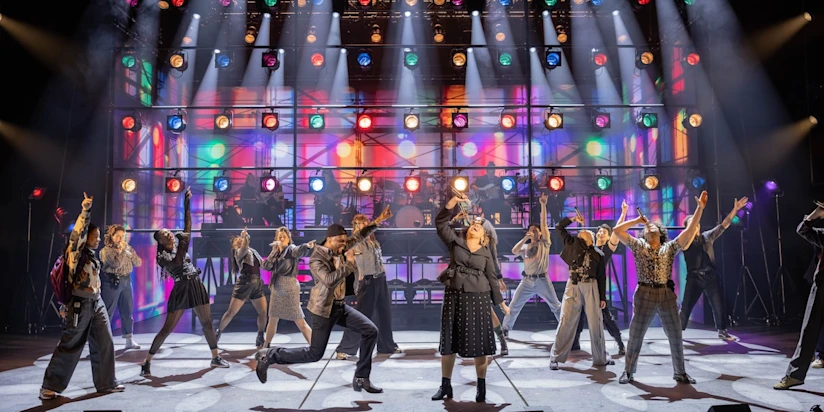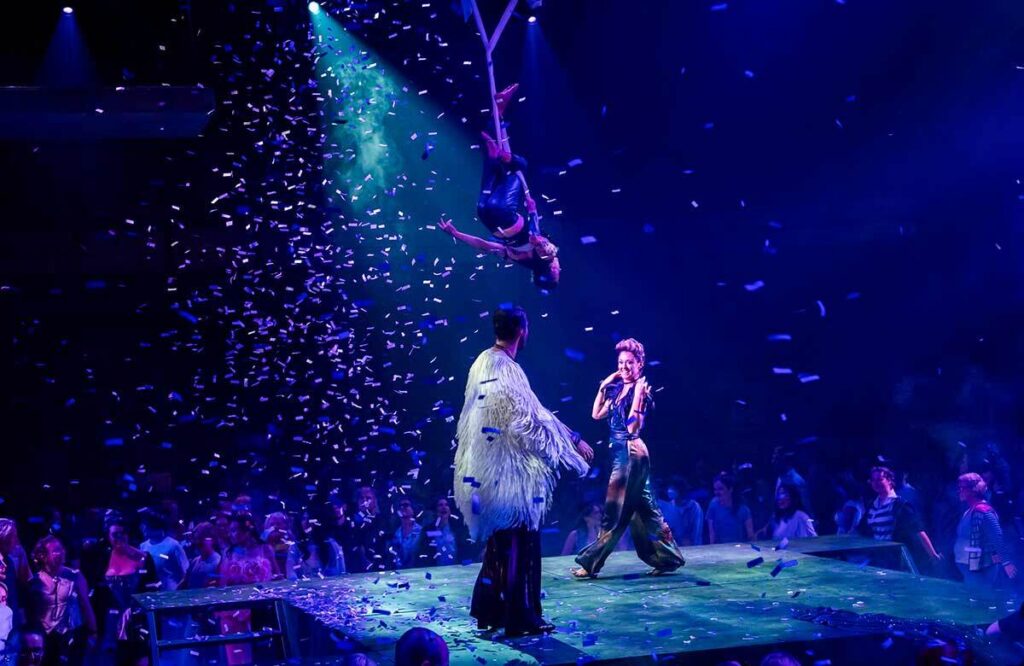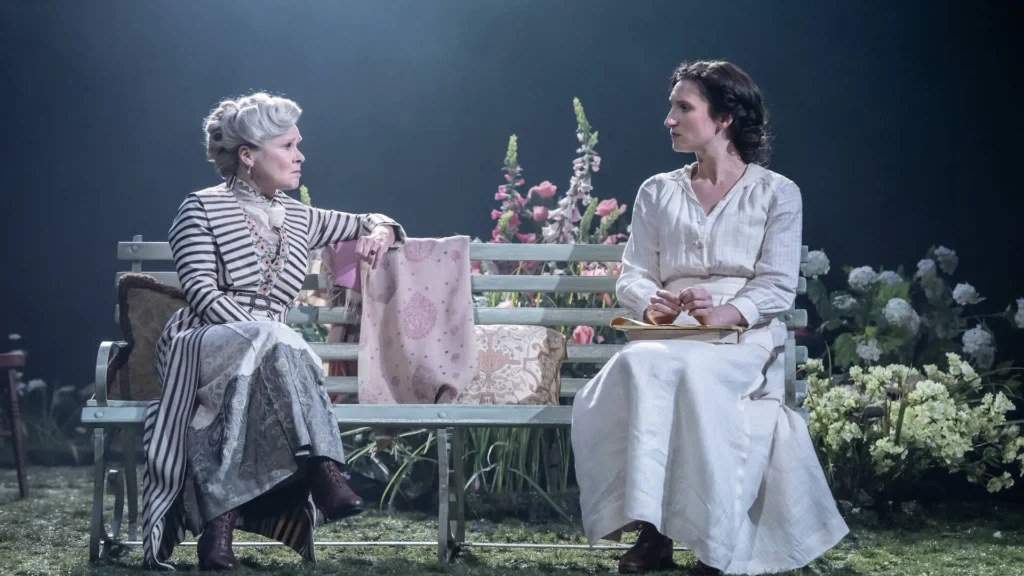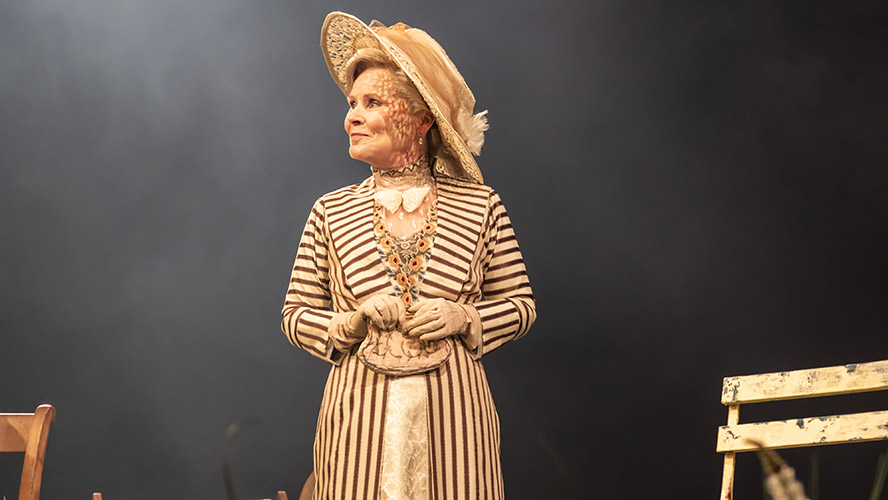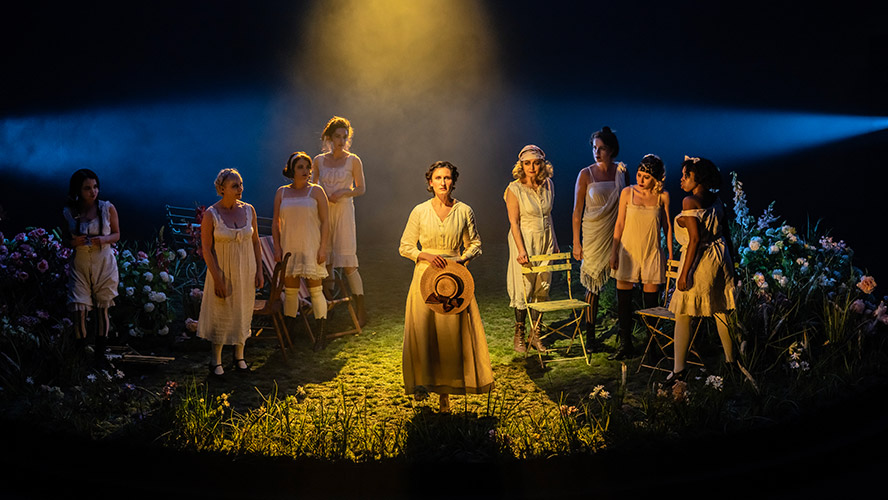Hero or Zero?
Theatre Royal Drury Lane
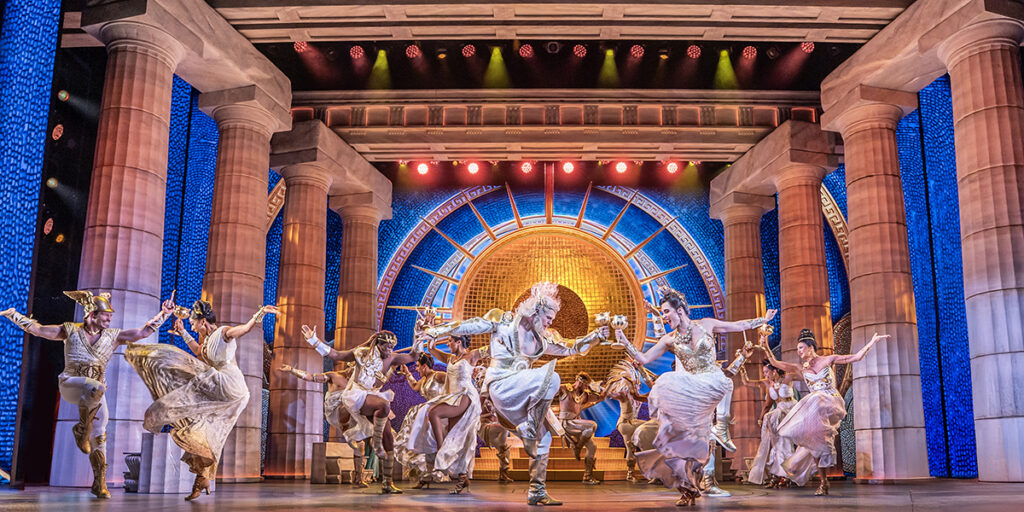
Taking the stage left empty by the departure of Frozen, Disney’s Hercules didn’t impress the critics as much as its predecessor, let alone the benchmark Lion King. Despite two 5 star and three 2 star reviews , it was generally received politely but without enthusiasm. There was disagreement about whether the book by Kwame Kwei-Armah and Robert Horn (of Shucked fame) helped or hindered. Not that the rush of little feet through the doors is likely to be affected by the critics’ opinions.
[Links to full reviews are included but a number are behind paywalls and therefore may not be accessible]
Five stars ⭑⭑⭑⭑⭑
Olivia Garrett for Radio Times couldn’t have been more on board: ‘This lustre-dusted show-stopper of a musical is everything you could want.’ She expanded: ‘We all know half-measures is not a term they’re familiar with at Disney HQ, but the size and scale of this production still manages to surpass expectation.’ She continued: ‘The leads are also exactly as you’d hope them to be. Luke Brady is a doe-eyed Labrador who lights up the scenes with his big cheeky grin, while Mae Ann Jorolan is a cutting, cynical Meg, who manages to be just as much of a hero as Hercules in this version.’ Her enthusiasm knew no bounds: ‘It’s got glitter and spectacle coming out of every pour [sic], but manages to match that with heart and soul in abundance.’
‘With thunderous flair and lightning-fast wit, Hercules storms the stage at Theatre Royal Drury Lane in a heavenly display of theatrical might,’ declared Theatre Weekly‘s Greg Stewart. ‘Visually, the production is a triumph. Dane Laffrey’s scenic design, complemented by George Reeve’s video work and Jeff Croiter’s lighting, creates a dynamic and immersive world’. He concluded: ‘It’s a show that embraces its mythological roots with a wink and a smile, delivering a thunderously entertaining evening. Hercules is a heroic hit, complete with tunics, thunderbolts, and toe-tapping tunes.’
Four stars ⭑⭑⭑⭑
‘Casey Nicholaw’s production packs in big tunes, gorgeous costumes, and plenty of groan-worthy laughs,’ said Olivia Rook at LondonTheatre. She had ‘no doubt this feel-good family show will delight Drury Lane’s youngest audience members.’
Three stars ⭑⭑⭑
The Guardian’s Arifa Akbar gave a thorough analysis of this ‘conveyor-belt musical’. She described it as a ‘sturdy enough Disney vehicle, with strong songs and plenty of splash. The characters are not so much divine as 2D, although the sound and optics are always eye-popping, the swivelling set designs intent on moving heaven and earth.’ Among the positives were the lead: ‘Luke Brady is an incredible singer’. But, in the end, ‘this feels like old-school Disney, its hero not quite self-mocking enough… and the earnestness heaped heavy.’
WhatsOnStage’s Sarah Crompton declared: ‘It’s a show where it’s perfectly possible to have a good time. Yet something is missing. The wit and warmth that made the 1997 classic rather endearing have been replaced by something much more mechanical and heavy-handed.’
Andrzej Lukowksi of Time Out described it as ‘a sturdy action-adventure romp that absolutely does the trick and is eminently worth taking The Kids to during the hols.’ He cautioned: ‘Dane Laffrey’s sets and George Reeves’s video design are often impressive, but they never don’t look like a themed restaurant’. He suggested: ‘accepting it’s not a screechingly ambitious piece of work then perhaps all it really lacks is a big showstopper moment’.
Kat Mokrynski for BroadwayWorld found it ‘a fun, flashy, yet not-so-faithful adaptation of the original film that lacks the flair and (literal) fire that made the 1997 film so special. It’s an enjoyable theatrical production, but struggles to find the sweet spot between being a silly show for kids and a more adult musical about finding your place in the world.’
Clive Davis of The Times found it ‘hard to work up much enthusiasm about Casey Nicholaw’s musclebound production…True, the temperature rises whenever the five muses deliver hand-clapping gospel fervour…otherwise this is a show which ticks along competently enough. The new numbers are efficient but unmemorable’. He thought ‘A trip to Mount Olympus ought to leave you gasping, but this version of the home of the gods looks more like a Vegas theme park on a quiet Sunday afternoon’ and ‘The puppet reincarnation of the movie’s fearsome hydra is underwhelming’.
The Standard‘s Nick Curtis called it ‘pacy and family friendly, full of cheery songs and snarky jokes’ and decided it ‘chugs along agreeably enough’, but ‘there’s no real sense of threat or danger. If only scriptwriters Robert Horn and Kwame Kwei-Armah had put as much effort into the plot and emotion as they do into the one-liners.’
Over at the Express, Stefan Kyriazis clearly liked the original movie and admitted this stage version is ‘undeniably often hugely entertaining. Families will love it.’ But he noted: ‘the new stage production has ditched all the edge and rolled out the full cheese trolley.’ He lamented: ‘Where’s the big budget and jaw-dropping spectacle of the staged Aladdin and recent Frozen’?
Two stars ⭑⭑
Patrick Marmion of The Mail was underwhelmed: Hercules has ‘been reduced from legendary hero to close to zero by a laboured new musical version of his derring-do’. ‘(T)he superhero action sequences are lugubriously undercharged’, he said, and ‘Music and lyrics by Alan Menken and David Zippel are audaciously bland.’
The Independent‘s Alice Saville gave a review from hell. She said ‘this stodgy new stage version…hits the expected beats without capturing the lovable zaniness that makes Hercules a fan fave.’ Considering its chances of a long run, she claimed: ‘Hercules has two things stopping it from going the distance: a lack of stagecraft to create moments of real awe and wonder, and a lack of consistency in a script that doesn’t really have a cohesive take on who these mythic figures are, and why we should care about them.’
Over at the i-paper, Fiona Mountford was even more blistering, describing it as a ‘hideous grab-bag of classical mythology’. Among her many criticisms, she blamed the script: ‘Robert Horn and Kwame Kwei-Armah have collaborated on a new book and the resulting two charm-free hours exist in a state of almost constant narrative bewilderment.’ She had much more to complain about but concluded: ‘it’s a dismal evening. Alan Menken (music) and David Zippel (lyrics) have expanded upon the film’s original score, yet very little sticks apart from “Go the Distance”. I would recommend that you go quite some distance to avoid this.’ (Ouch!)
Critics’ Average Rating 3.2⭑
Value rating 40 (Value rating is the Average Critic Rating divided by the typical ticket price.)
Hercules can be seen at the Theatre Royal Drury Lane at least until 28 March 2026. Click here to buy tickets direct from the Theatre Royal Drury Lane
If you’ve seen Hercules, please add your review and rating below
